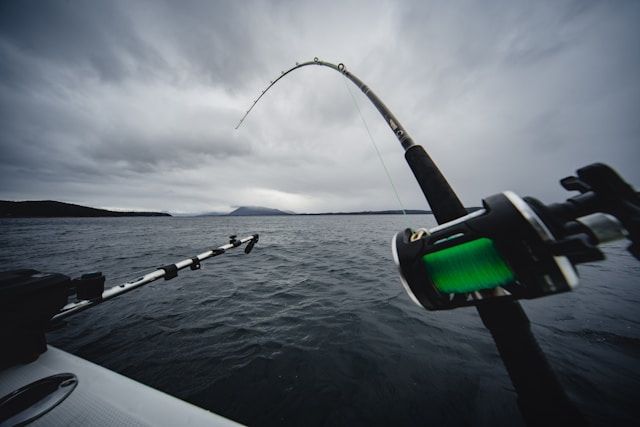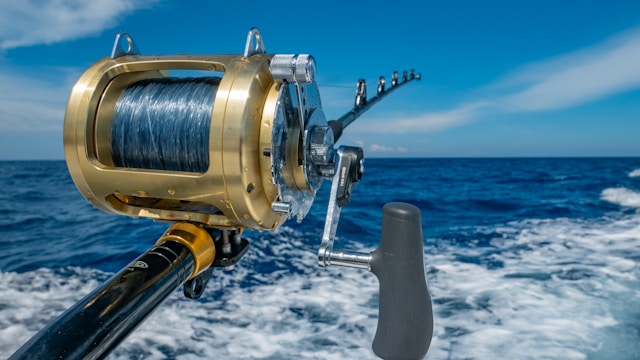Conservation Spotlight: Protecting Marine Life in the Bay of Islands Marine Reserve
The Bay of Islands Marine Reserve, located off the northeastern coast of New Zealand’s North Island, is a sanctuary of biodiversity and natural beauty. Spanning over 7,000 hectares of coastal waters, this protected area is home to a diverse array of marine life, including fish, dolphins, seals, and seabirds. In this article, we shine a spotlight on the efforts to protect and conserve marine life within the Bay of Islands Marine Reserve and the importance of preserving this precious ecosystem for future generations.
Preserving Marine Biodiversity:
The Bay of Islands Marine Reserve was established in 1985 with the goal of protecting and preserving the unique marine biodiversity of the region. By prohibiting fishing, mining, and other extractive activities within its boundaries, the reserve provides a safe haven for marine species to thrive and reproduce, contributing to the overall health and resilience of the marine ecosystem.
Restoring Degraded Habitats:
In addition to protecting existing marine habitats, conservation efforts within the Bay of Islands Marine Reserve also focus on restoring degraded habitats and enhancing ecosystem resilience. Through initiatives such as habitat restoration projects, marine debris clean-up efforts, and invasive species removal programs, conservation organizations and local communities are working together to ensure the long-term health and vitality of the reserve’s ecosystems.
Monitoring and Research:
Effective conservation requires a thorough understanding of the marine environment and the factors that impact its health and resilience. Scientists and researchers conduct ongoing monitoring and research within the Bay of Islands Marine Reserve to assess the status of marine populations, track changes in habitat quality, and identify emerging threats to biodiversity. This valuable data informs management decisions and helps guide conservation efforts to ensure the continued protection of marine life within the reserve.
Community Engagement and Education:
Engaging local communities and raising awareness about the importance of marine conservation is crucial for the long-term success of efforts to protect the Bay of Islands Marine Reserve. Conservation organizations, government agencies, and community groups collaborate on outreach and education programs aimed at fostering a sense of stewardship and responsibility for the marine environment. Through school programs, public events, and guided tours, visitors and residents alike learn about the importance of marine conservation and how they can play a role in protecting this precious ecosystem.

Challenges and Future Directions:
While significant progress has been made in protecting marine life within the Bay of Islands Marine Reserve, ongoing challenges remain, including climate change, pollution, and habitat degradation. Addressing these challenges requires continued collaboration, innovation, and commitment from all stakeholders involved in marine conservation. By working together and implementing science-based management strategies, we can ensure that the Bay of Islands Marine Reserve remains a thriving sanctuary of marine biodiversity for generations to come.
Conclusion:
The Bay of Islands Marine Reserve serves as a shining example of successful marine conservation efforts, demonstrating the positive impact that protected areas can have on marine biodiversity and ecosystem health. By preserving and protecting this precious ecosystem, we not only safeguard the future of marine life within the reserve but also contribute to the overall health and resilience of our planet’s oceans. Together, we can ensure that the Bay of Islands Marine Reserve remains a beacon of hope for marine conservation and a testament to the power of collective action in protecting our natural heritage.

